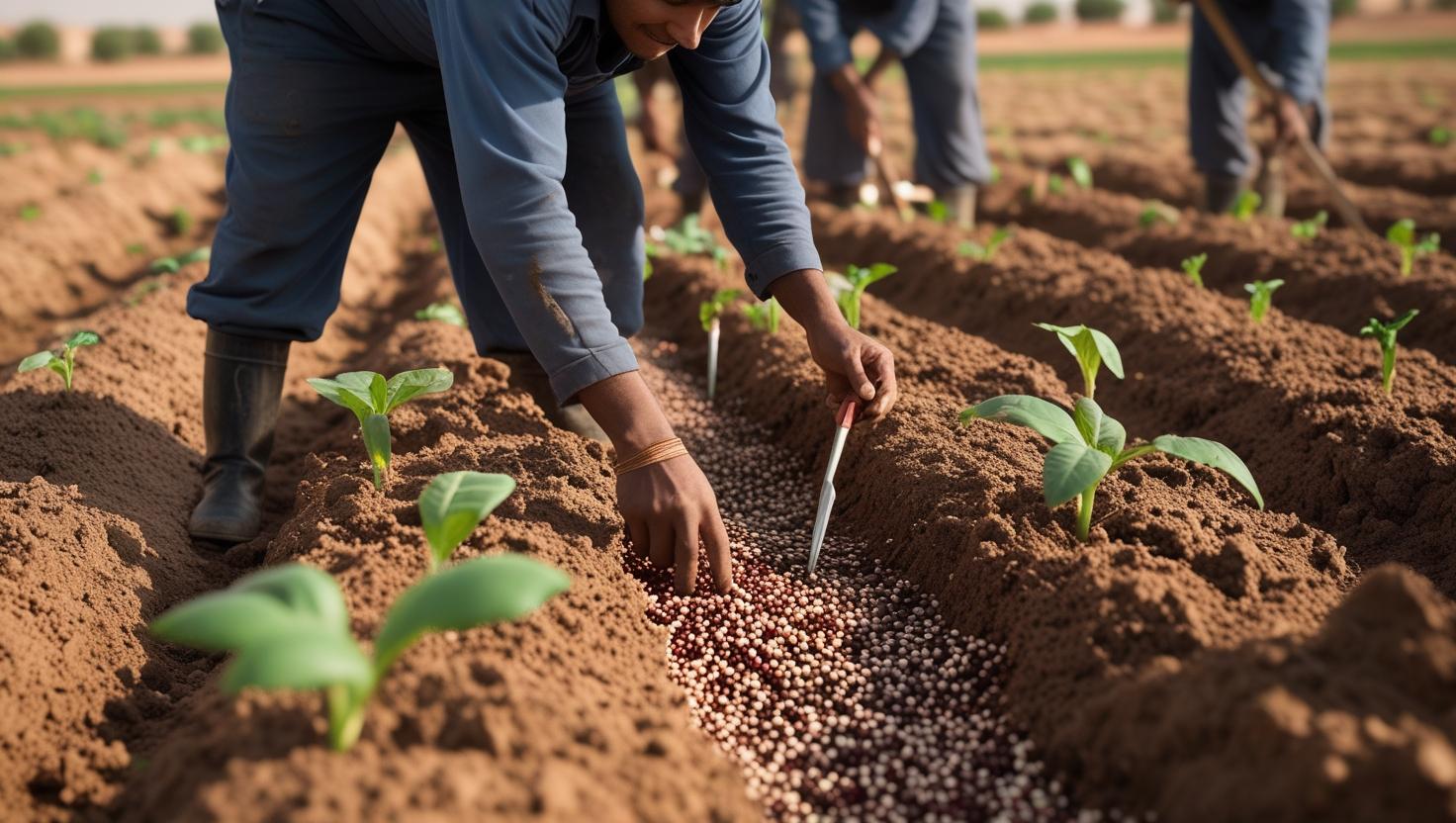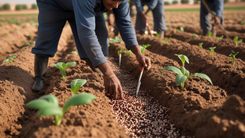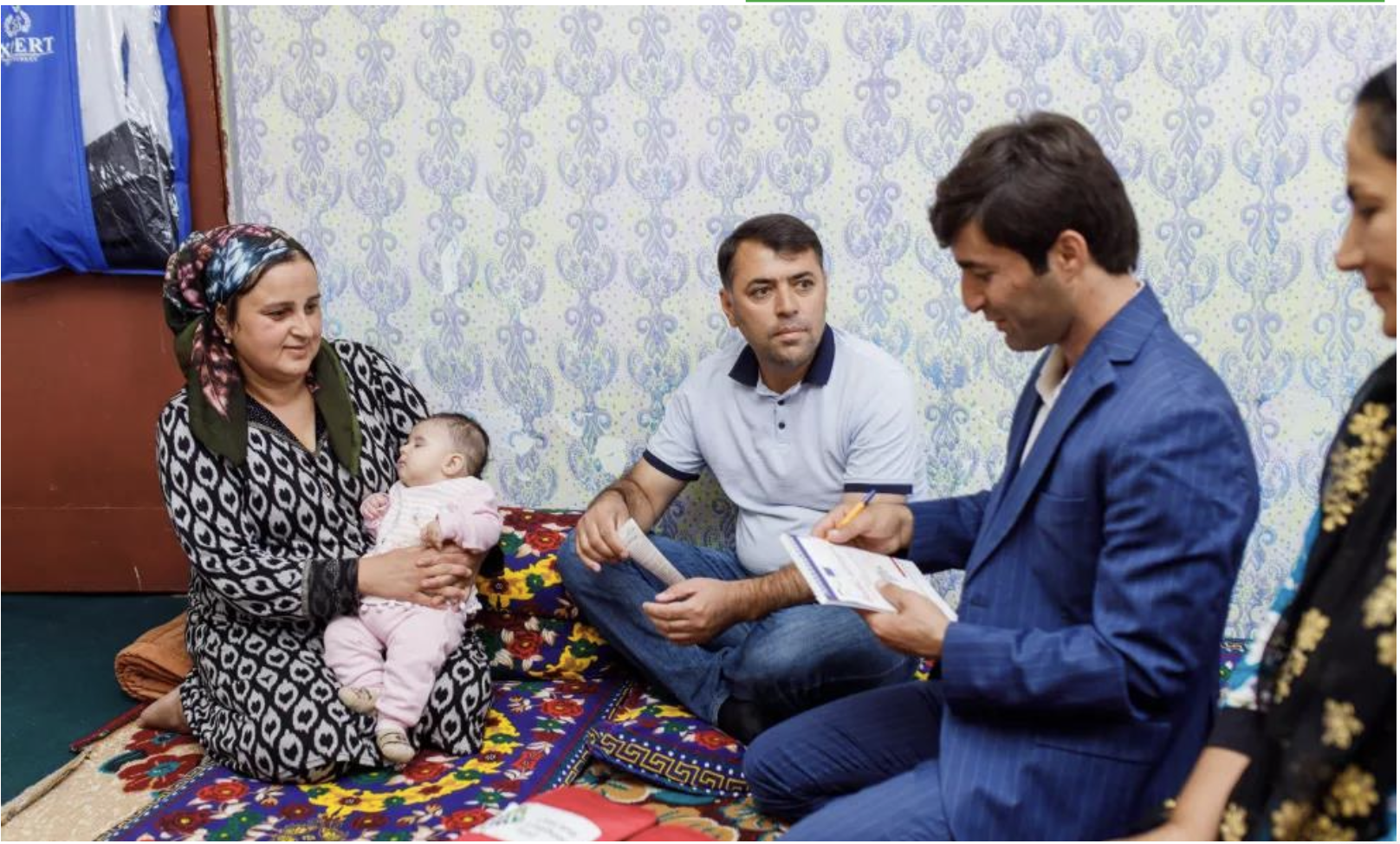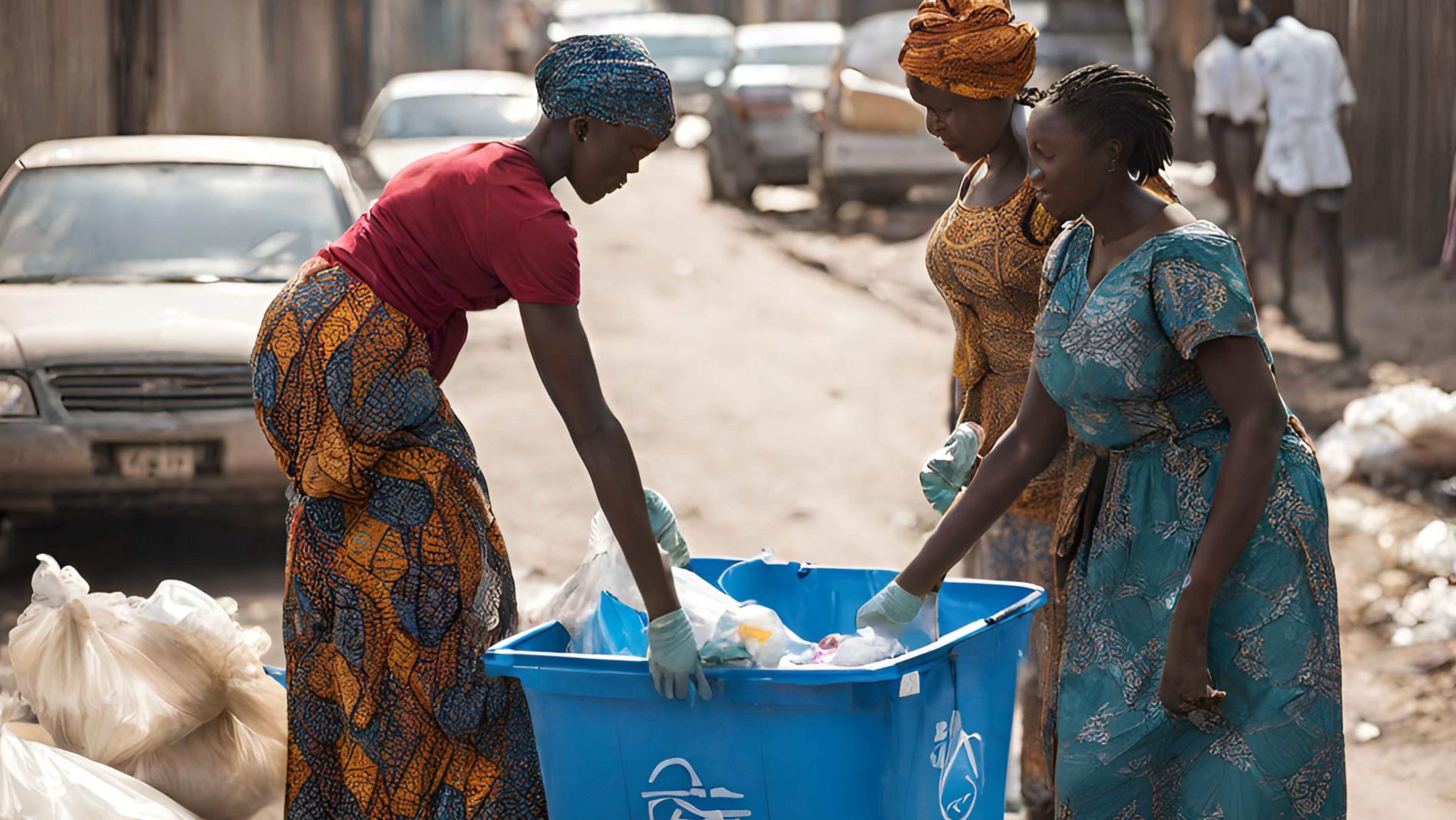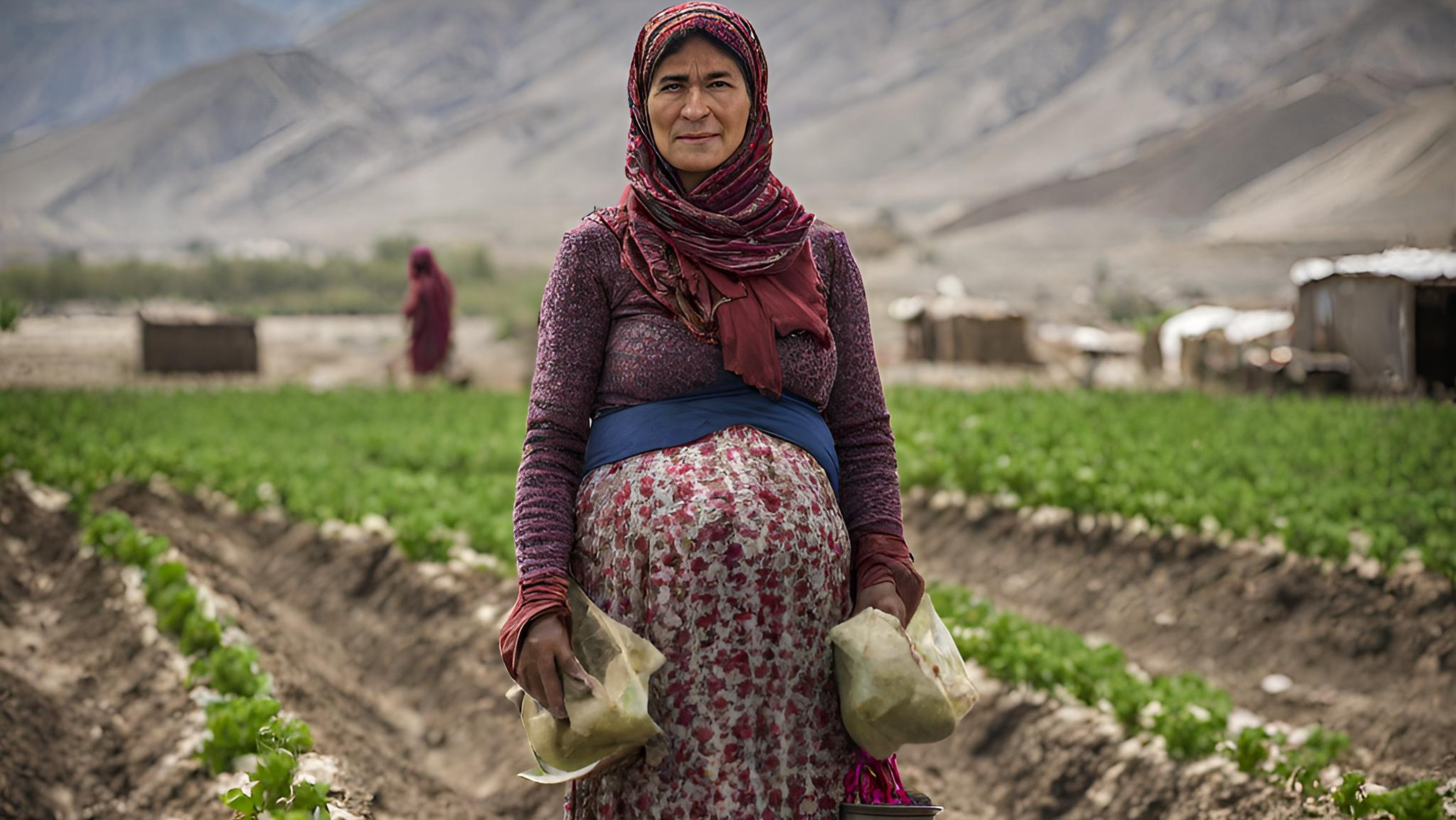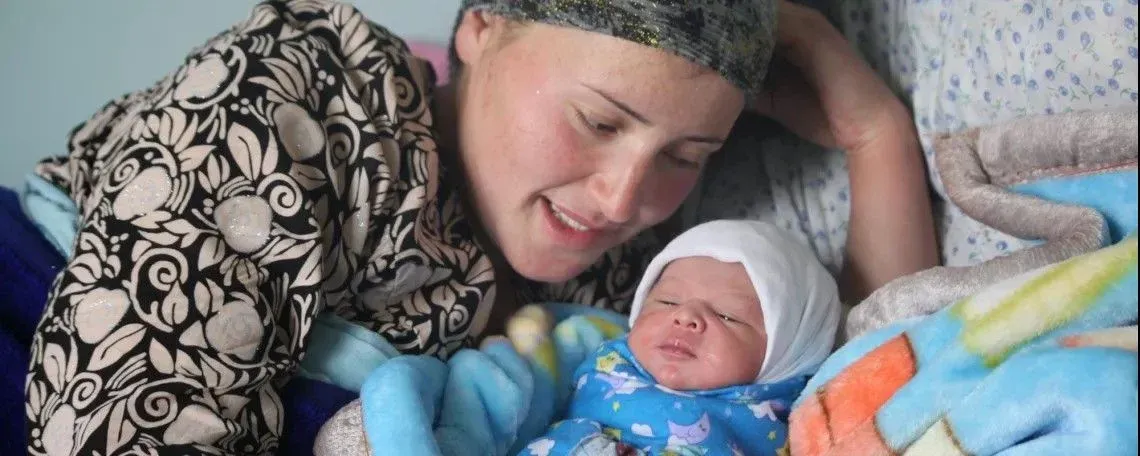Latest updates
Energy-efficient stoves are keeping environmental hazards at bay
At Nombe Senior Secondary Seed School in Rwenzori Region, young girls and their mothers are busy making smokeless charcoal briquettes from bio-degradable waste and energy-saving cooking stoves.
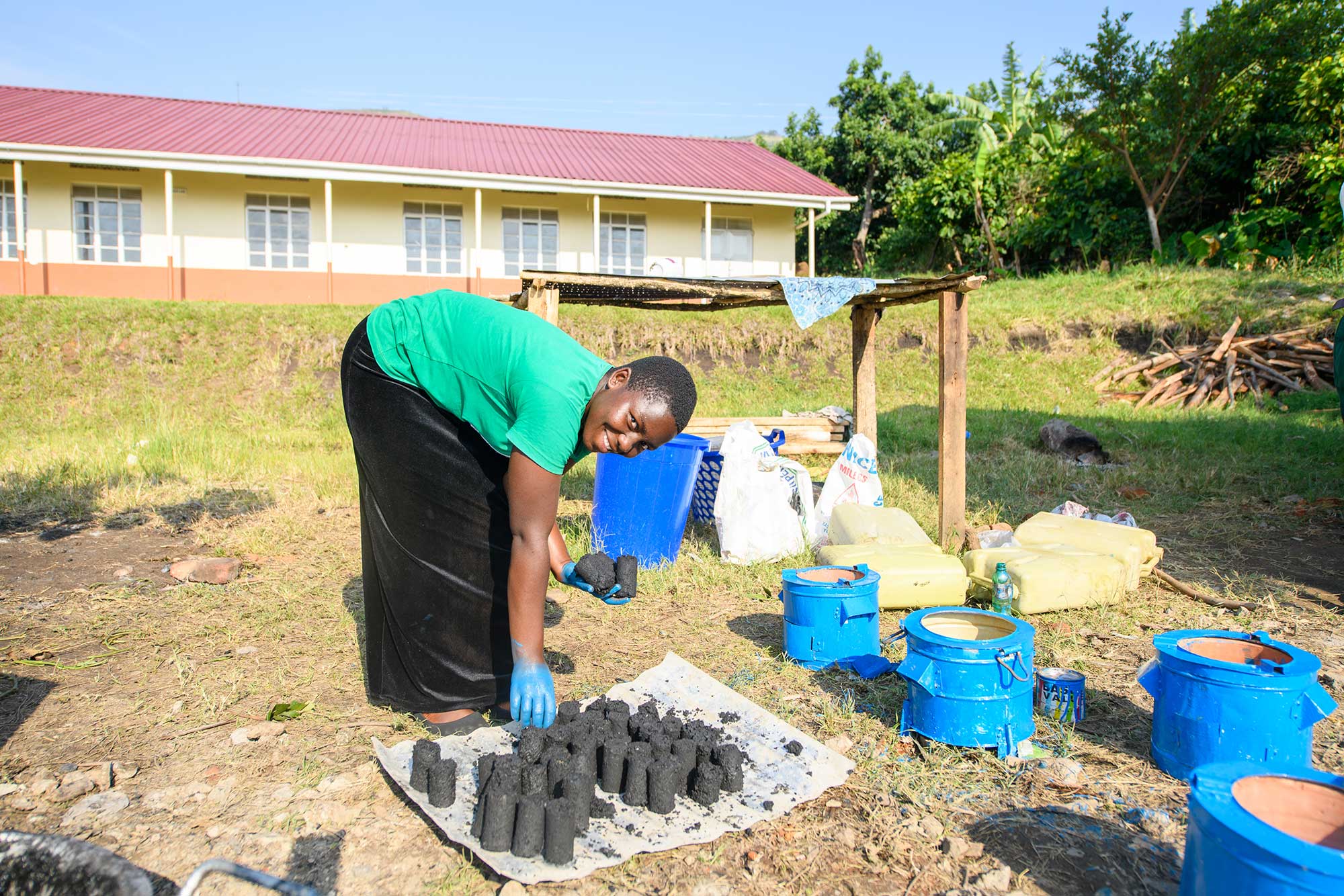
Upon completion, these eco-friendly bio coal briquettes and stoves will be used to pay for children’s school fees and one-time school meal.
This activity is being carried out under a US$ 33 million initiative, called, Local Economic Growth Support Project, funded by the Lives and Livelihoods Fund and co-financed by the Government of Uganda.
Poverty, gender and education influence fuel choices for cooking among Uganda's rural households. Clean cooking to protect human health and habitat is a concept that has not caught on with remote communities.
A large population in villages relies on biomass fuels, mainly extracted from firewood and charcoal, to meet their cooking, heating, and lighting needs. These solid fuels, coupled with inefficient cook stoves, are responsible for pollution causing grave health hazards, especially among women and young girls.
The growing demand for food, and the entire process of cooking food, is leaving Ugandan people bereft of forestland and other precious ecological resources. The knock-on effects of continued use of biomass fuels include school dropouts, women drudgery, and malnutrition.
A similar quest for firewood to make coal for selling purposes in nearby markets, forced 19-year old Evelyn Masika to cease her studies midway and contribute to the family income.
“I wanted to complete my high school, but financial issues saw me trekking into the forests to forage for wood,” says Evelyn Masika.
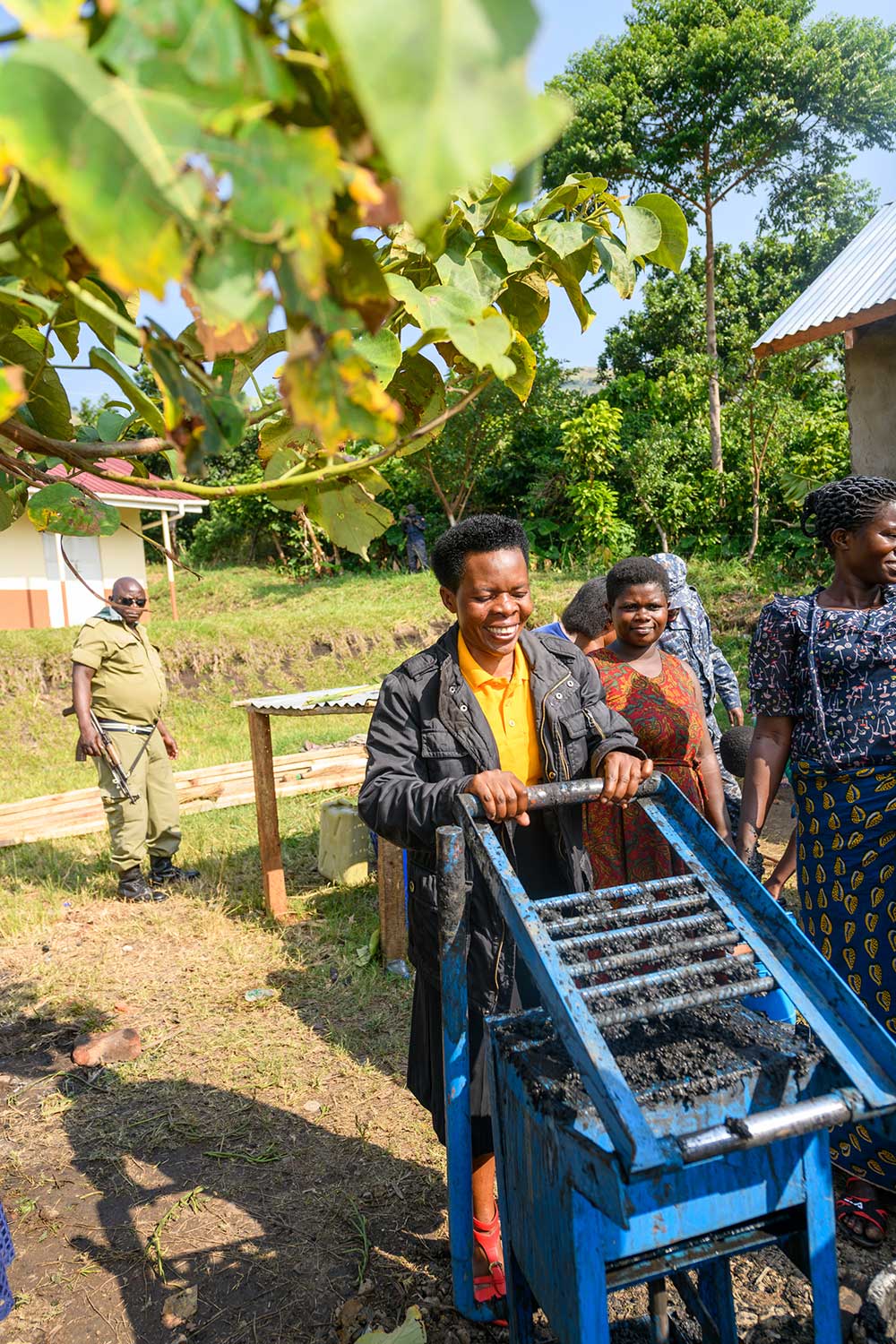
Masika is not just a story, but a reflection of the mindset that puts girls in harm’s way and compromises their education, safety and health.
Keeping sight of these complex and overlapping issues, the Lives and Livelihoods Fund and the Government of Uganda collaborated to implement Local Economic Growth Support Project, that is committed to invest in green solutions to substantially reduce environmental pollution and enhance economic performance.
The project has organized 150 local artisans, mainly mothers, into a cooperative and provided them with seed money and training to make mobile cook stoves and bio-coal briquettes.
The Biogas, Institutional Cookstoves and Briquettes Activity is not only reducing high dependency of firewood as cooking energy source, but the project’s technical innovations are also ensuring that secondary school children living in extreme poverty have access to meals in school, complemented by a broader package of health and nutrition benefits.
“By participating in the Biogas, Institutional Cookstoves and Briquettes Activity through LEGS Project, I am getting the opportunity to not just earn a decent living to pay my school fees, but I’m also playing my part in conserving our environment. I call upon young people to come forward and join hands with LLF in protecting our environment,” says Masika, who is enthused about not having to quit her studies anymore.
The Nombe Senior Secondary Seed school has witnessed 35% increase in the ongoing school year as reported by the Head of Studies, Eric Kyaligolza.
Echoing the sentiments of parents who are benefitting from Institutional Cookstoves Activity, Helen Chambongo, mother of two, says “LLF’s LEGS Project is a major contributor to bring down household level inflation by showing us ways to take the pressure off our income. It has trained us on preparing institutional stoves for the schools which our children are attending. We can barter stoves for school fees, as well as ensure that our children are provided fresh and nutritious meals during their classes. LEGS is giving parents economic freedom, and health and education to our children.”
The Lives and Livelihoods Fund is doubling down its support for climate-smart agriculture across the agricultural value chains through responsive financing and integrated development programs to enhance productivity, improve resilience, and reduce GHG emissions.
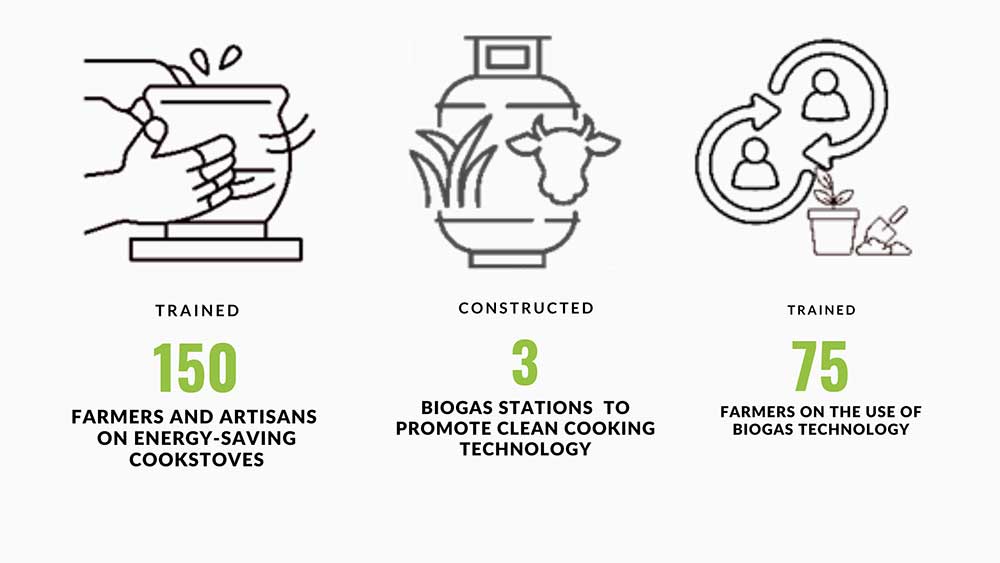
Related articles
Cookies
By browsing our website you accept our Terms and Conditions
